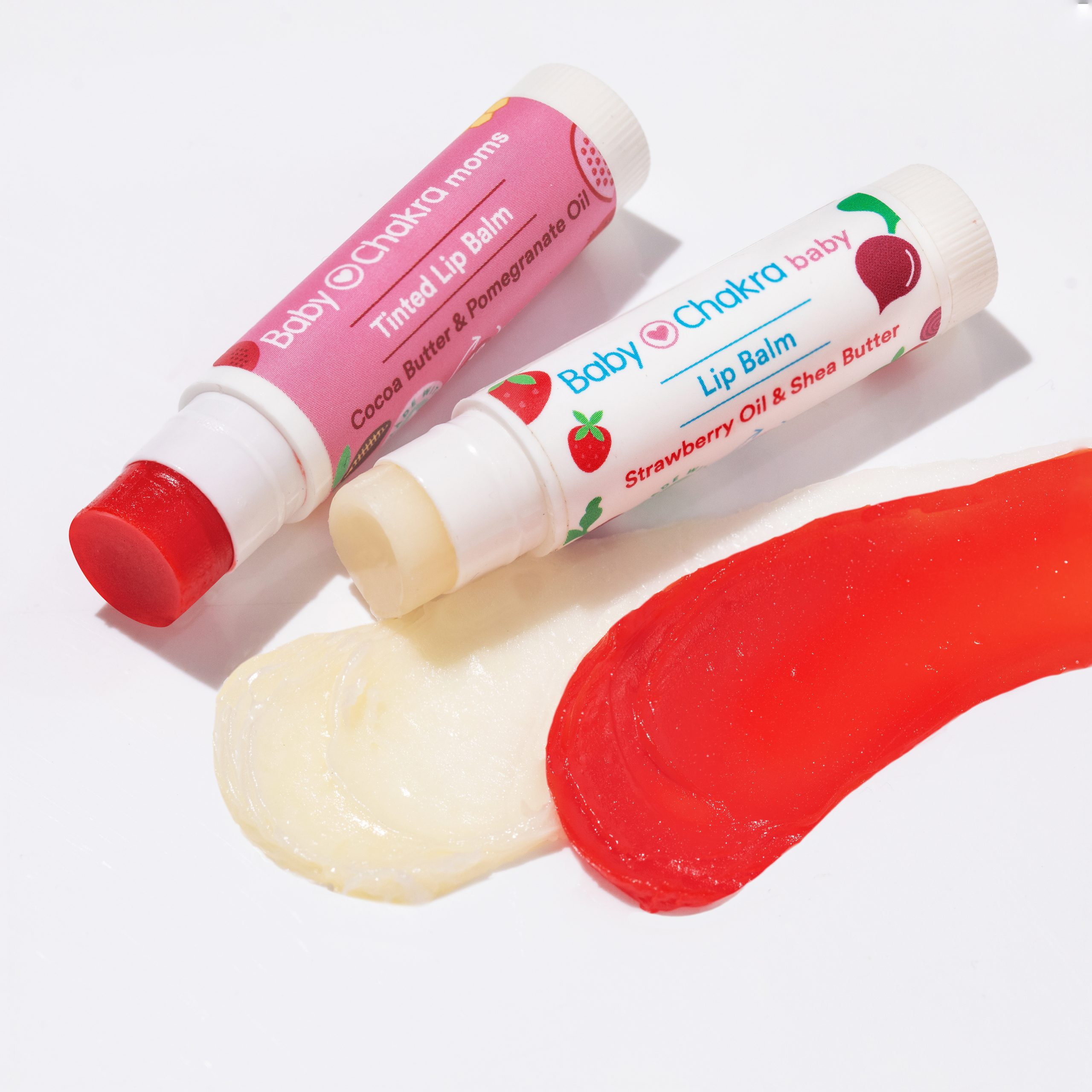
What Are The Best Body Butters To Use On A Baby’s Skin?
14 Jul 2022 | 4 min Read
Reema Shah
Author | 740 Articles
Dry skin is common in babies because of how rapidly they’re adjusting to the new life outside the womb. Your newborn’s skin may also peel due to dryness and even develop a skin condition called eczema because of that. Keeping your baby’s skin moisturised can help tackle these issues and that’s where body butter helps.
Body butters are better moisturisers than normal body lotions and are formulated with nourishing oils that help lock the hydration. Read on for some key benefits of the best kinds of body butter for babies.
5 Best Body Butters Safe For Baby’s Skin
1. Shea Butter
Shea butter is a fat that comes from a tree nut of the Karité tree from Western and Central Africa. It has high moisturising properties for both the skin and hair. Plus, it also helps treat rashes and insect bites.
Here are some key benefits of shea butter for baby’s skin-
1. Contains vitamin E which has anti-inflammatory properties and helps in preventing the inflammation caused to the skin post UV exposure.
2. Protects the skin against dryness
3. Helps to treat nappy rashes
4. Soothes skin irritation like eczema by creating a protective layer
It’s primarily made up of saturated fatty acids like palmitic, stearic, oleic, and linoleic acid. It also contains certain vitamins, like vitamin E.
5. It is also safe to use during pregnancy and postpartum and new mums can use it to relieve cracked and dry nipples.
2. Cocoa Butter

This butter is made during the processing of chocolate and cocoa. It smells naturally like chocolate or can even be obtained by removing the scent. Cocoa butter is particularly useful for a baby’s dry skin.
Here are some key benefits of cocoa butter for a baby’s skin-
1. It is enriched with vitamin E which protects the skin and keeps it healthy.
2. It is packed with antioxidants that help reduce inflammation and help in repairing the skin.
3. It is good for your baby’s sensitive skin.
4. It is safe to use for pregnant women too and is widely used to minimize stretch marks.
5. It is also a key ingredient in lip balms and creams because of its moisturising properties.
3. Mango Butter

Mango butter is a rich but delicate source of essential fatty acids. It is a common ingredient found as a base in lotions, creams, soaps and body butter.
Here are some key benefits of mango butter for a baby’s skin-
1. Perfect to use for baby’s sensitive skin.
2. It helps in soothing irritated skin and prevents dryness.
3. It is effective in treating common skin conditions in babies such as dermatitis and eczema.
4. Helps to prevent diaper rash.
4. Aloe Butter
Aloe butter is derived from the aloe vera plant which is native to Africa. It is made from aloe vera extract in a coconut fatty fraction.
Here are some key benefits of aloe butter for a baby’s skin-
1. It can be used to treat insect bites
2. Its mild properties help treat rashes and allergies.
3. It has natural anti-inflammatory properties and can be used to soothe sunburn in babies.
4. Keeps the baby’s skin soft and supple throughout the day.
5. Provides moisturisation for long hours with its hydrating properties.
5. Rose Butter

Rose butter constitutes an opulent blend of non-GMO Soy Butter and the Rosa Damascena Flower Oil. It has a soft and creamy base with a pleasing aroma of natural rose.
Here are some key benefits of rose butter for a baby’s skin-
1. It is rich in vitamins A, C, and E that help maintain the ph level of the baby’s skin.
2. It is suitable for the baby’s dry skin and helps retain water in the baby’s skin cells.
3. It is rich in antimicrobial agents that help clean impurities from the baby’s skin and nourish it.
4. It helps reduces the redness and dark spots of the baby’s irritated skin.
These are some of the best kinds of body butter for babies that are safe to use and have high moisture content. Use them to soothe your baby’s dry, delicate skin.
A


Suggestions offered by doctors on BabyChakra are of advisory nature i.e., for educational and informational purposes only. Content posted on, created for, or compiled by BabyChakra is not intended or designed to replace your doctor's independent judgment about any symptom, condition, or the appropriateness or risks of a procedure or treatment for a given person.

